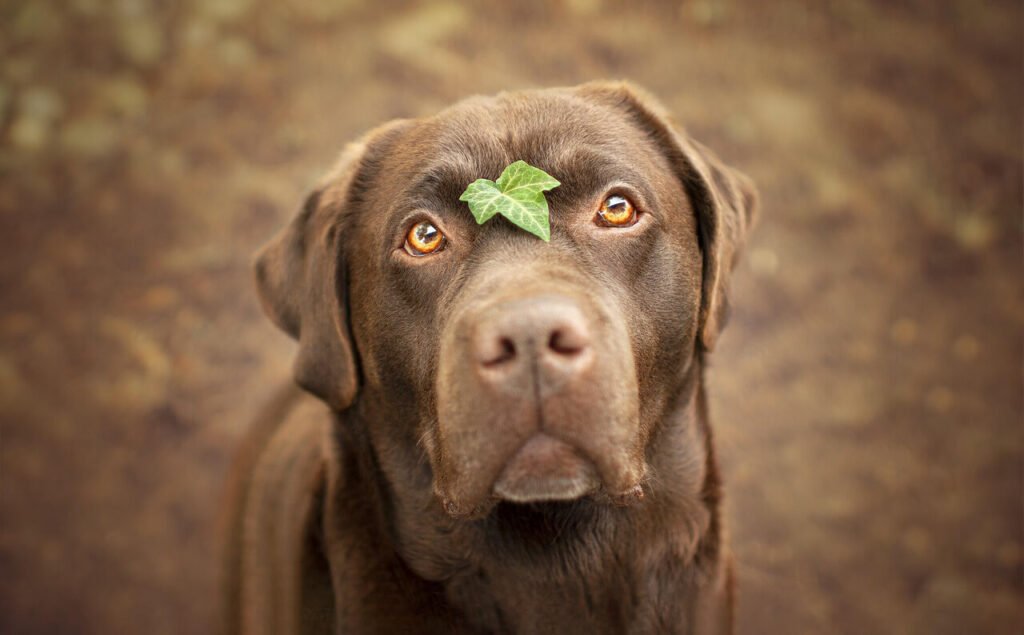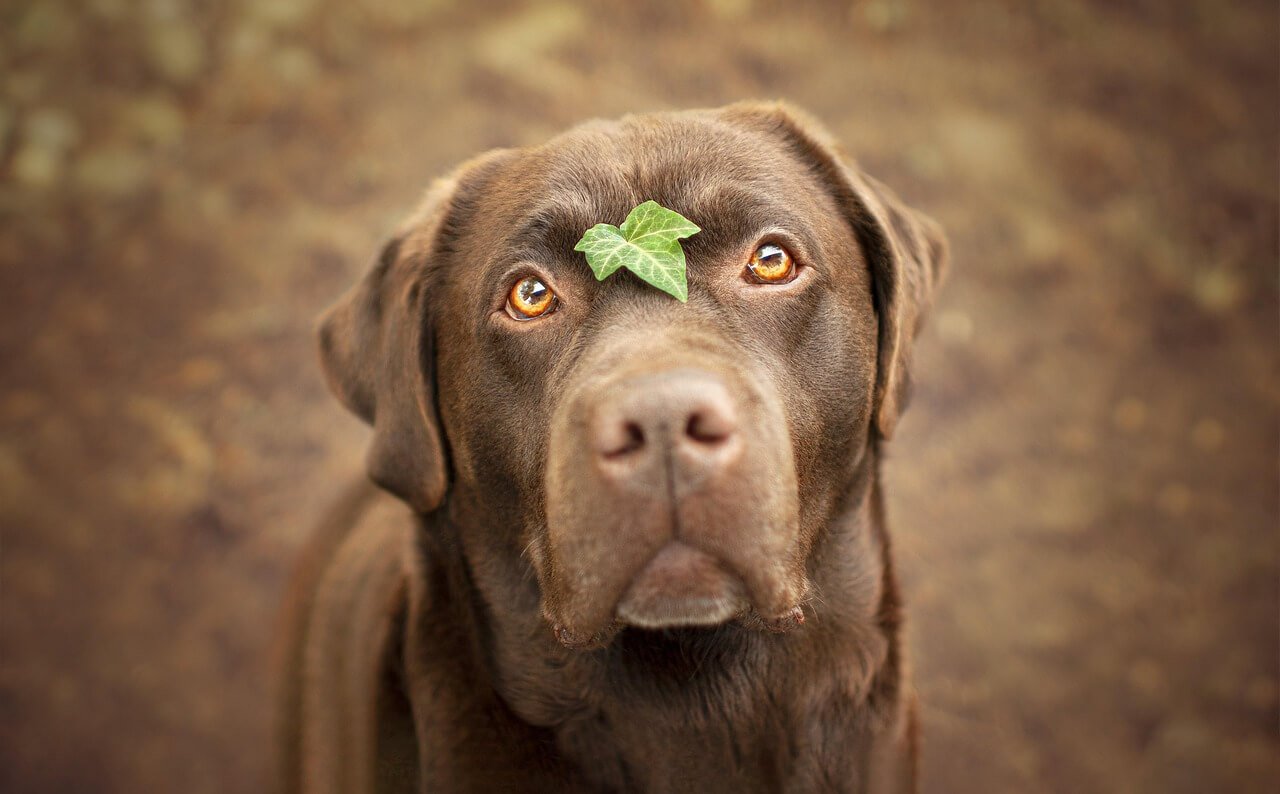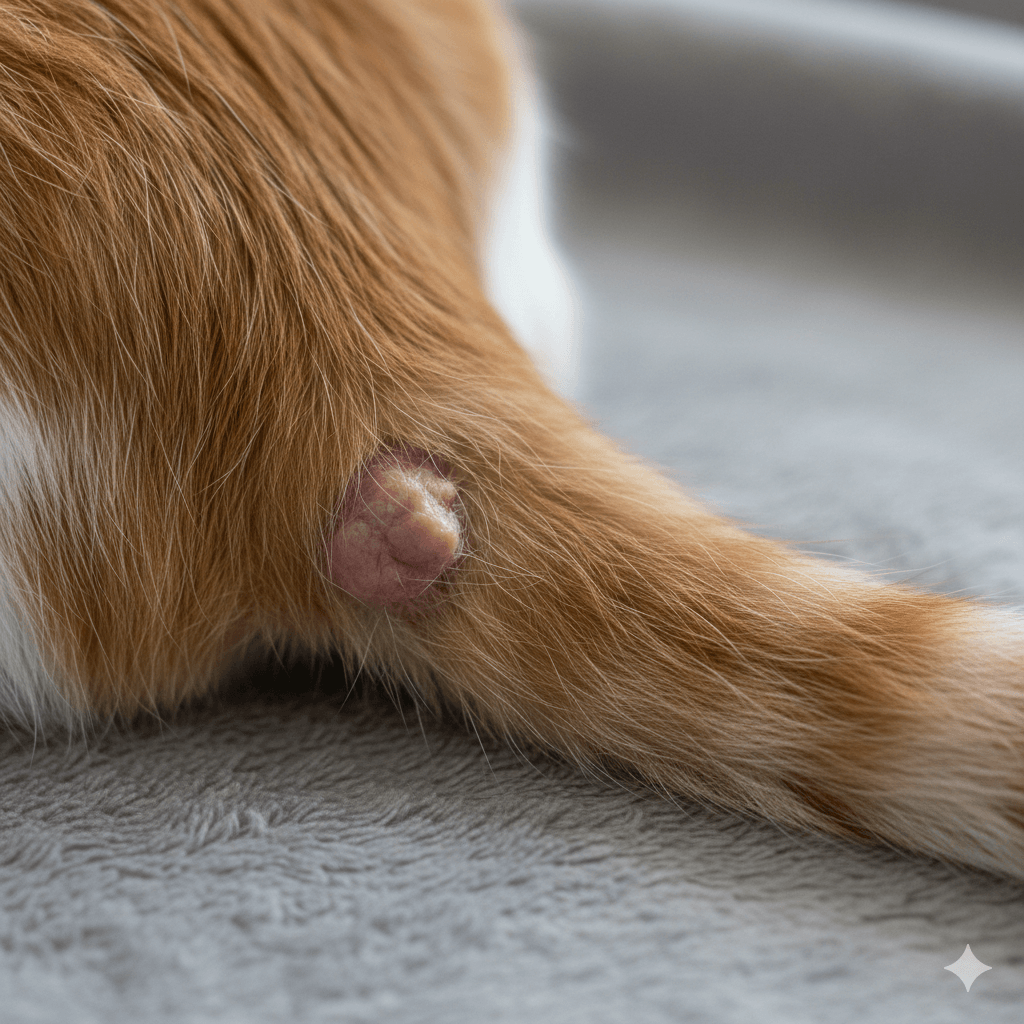Is White Dog Poop Dangerous?
As a dog owner, you’ve likely encountered your fair share of surprises during walks or backyard cleanups. But what happens when you notice something unusual—like white dog poop? While it might seem harmless at first glance, the color and consistency of your dog’s stool can provide valuable insights into their health. White dog poop may indicate dietary habits, environmental factors, or underlying medical conditions that require attention. In this blog post, we’ll explore the potential causes of white dog poop, whether it’s dangerous, and what steps you can take to ensure your furry friend stays happy and healthy.
Common Causes of White Dog Poop
White dog poop can occur for a variety of reasons, ranging from harmless dietary choices to more serious health concerns. Understanding these causes is the first step in determining whether action is needed.
Diet High in Bones or Calcium:
If your dog consumes a lot of bones or calcium-rich foods, undigested bone fragments can harden and turn their stool white.Consumption of Non-Food Items:
Dogs sometimes eat non-digestible materials like chalk, rocks, or paper, which can alter the color and texture of their stool.Dehydration or Constipation:
Lack of water intake can lead to dry, chalky stools that appear lighter in color than usual.Parasites or Digestive Issues:
Certain parasites or gastrointestinal problems can cause changes in stool color, including whitish hues.Environmental Contaminants:
Exposure to substances like paint chips, lime, or other chemicals in your yard can result in discolored feces.
By identifying the cause of white dog poop, you can better assess whether it’s a temporary issue or something that requires veterinary attention.

Signs That White Dog Poop May Be Dangerous
While white dog poop isn’t always a cause for alarm, certain accompanying symptoms can signal a more serious problem. Keep an eye out for these warning signs that indicate your dog may need medical care.
Frequent Diarrhea or Vomiting:
Persistent digestive upset alongside white poop could point to an infection, parasite, or food intolerance.Loss of Appetite or Lethargy:
If your dog seems unusually tired or refuses to eat, it could signify an underlying health issue affecting their digestion.Blood in Stool:
The presence of blood mixed with white or pale stool is a red flag that warrants immediate veterinary evaluation.Weight Loss or Nutritional Deficiencies:
Chronic issues with stool color and consistency may indicate malabsorption or other metabolic disorders.Behavioral Changes:
Sudden shifts in behavior, such as excessive licking of the anal area or straining during bowel movements, should not be ignored.
Recognizing these symptoms early allows you to address potential health concerns before they escalate.
Check this guide 👉What Kind of Worms Are in Dog Poop? Best 7 Expert Tips!
Check this guide 👉Dog Poop DNA Testing Cost: Best 7 Expert Tips!
Check this guide 👉Dog Pooping Clear Liquid: Best 7 Expert Tips!
Possible Causes of White Dog Poop | Action Steps to Take |
|---|---|
High bone consumption | Limit bone treats and monitor diet |
Dehydration | Ensure constant access to fresh water |
Parasitic infections | Schedule a fecal exam with your veterinarian |
Environmental contaminants | Inspect outdoor spaces for harmful materials |
Dietary indiscretion | Remove access to non-food items |
How to Prevent White Dog Poop Issues
Prevention is key to maintaining your dog’s digestive health and avoiding unusual stool colors like white dog poop. Here are some proactive measures you can take to keep your pup healthy.
Provide a Balanced Diet:
Feed your dog high-quality, nutritionally complete food to support proper digestion and regular bowel movements.Limit Bone Treats:
While bones can be a fun treat, excessive consumption can lead to hard, white stools. Offer them sparingly and under supervision.Keep Hydrated:
Ensure your dog has access to plenty of fresh water throughout the day to prevent dehydration-related stool issues.Regular Vet Check-Ups:
Routine check-ups help detect and address any underlying health conditions before they manifest in unusual symptoms like white poop.Supervise Outdoor Time:
Monitor your dog during walks or playtime outdoors to prevent them from ingesting harmful objects or substances.
Taking these preventive steps can minimize the risk of encountering problematic white dog poop in the future.
When to See a Veterinarian About White Dog Poop
Knowing when to consult a professional is crucial for addressing potential health concerns related to white dog poop. These scenarios indicate it’s time to seek veterinary advice.
Persistent Discoloration:
If your dog’s stool consistently appears white over several days, it’s worth investigating further with a vet.Accompanying Symptoms:
Any combination of vomiting, diarrhea, or lethargy alongside white poop should prompt a visit to the vet.Unexplained Weight Loss:
Sudden weight loss coupled with abnormal stool color could indicate a serious underlying condition.Difficulty Passing Stool:
Straining or discomfort during bowel movements may suggest blockages or other gastrointestinal issues.Recent Dietary Changes:
If you’ve recently switched your dog’s food and notice white poop, consult your vet to rule out adverse reactions.
Prompt action ensures your dog receives timely care and prevents minor issues from becoming major problems.
Additional Tips for Monitoring Dog Health
Beyond observing stool color, there are other ways to monitor your dog’s health proactively. These tips will help you catch potential issues early.
Track Bowel Movement Frequency:
Note how often your dog poops each day to identify irregularities quickly.Examine Stool Consistency:
Healthy stools should be firm but not too hard; loose or overly dry stools may signal trouble.Observe Energy Levels:
A sudden drop in activity or enthusiasm could indicate an underlying issue.Check for Skin or Coat Changes:
Dry skin, hair loss, or rashes might correlate with digestive problems.Maintain Regular Grooming:
Keeping your dog clean reduces exposure to harmful substances that could affect their health.
Being observant helps you stay ahead of potential problems and ensures your dog remains in top shape.
Safe Alternatives to Problematic Foods
If your dog’s diet contributes to white poop, consider safer alternatives that promote better digestion. These substitutions can improve stool quality and overall health.
Switch to Cooked Chicken or Turkey:
Lean meats are easier to digest compared to raw bones or fatty cuts.Add Fiber-Rich Vegetables:
Carrots, green beans, or pumpkin can aid digestion and regulate bowel movements.Incorporate Probiotics:
Probiotic supplements or foods like plain yogurt support gut health and improve stool consistency.Avoid Processed Treats:
Opt for natural, minimally processed snacks free of artificial additives.Try Grain-Free Options:
Some dogs benefit from grain-free diets, which reduce the risk of allergies or intolerances.
Making thoughtful dietary adjustments can resolve many issues linked to abnormal stool colors.
Creating a Safe Environment for Your Dog
Your dog’s environment plays a significant role in their digestive health. Taking steps to create a safe space minimizes risks associated with white dog poop.
Inspect Your Yard Regularly:
Remove hazardous materials like pesticides, fertilizers, or small objects your dog might ingest.Use Pet-Safe Cleaning Products:
Avoid harsh chemicals indoors that could harm your dog if licked off paws or surfaces.Secure Trash Cans:
Keep garbage out of reach to prevent scavenging, which can upset your dog’s stomach.Supervise Playtime:
Watch closely when your dog interacts with toys or chews to avoid swallowing pieces.Train Recall Commands:
Teaching commands like “leave it” helps prevent your dog from eating unsafe items outside.
A secure environment protects your dog from hazards that could lead to unhealthy stool colors or behaviors.
FAQ
Why does my dog’s poop turn white after being outside?
It could be due to dietary changes, dehydration, or environmental factors like eating grass or soil.
Can white dog poop indicate worms?
Yes, parasitic infections can sometimes cause discolored stools. A vet can confirm through tests.
Is it normal for puppy poop to be white?
No, it’s not typical. Consult a vet to rule out dietary or health issues.
Should I change my dog’s diet if their poop turns white?
Only if the issue persists and a vet recommends it. Sudden dietary changes can worsen digestive problems.
How quickly should I see a vet for white dog poop?
If accompanied by symptoms like lethargy, vomiting, or diarrhea, schedule a visit within 24 hours.
Staying Vigilant for Your Dog’s Health
White dog poop may seem like a small detail, but it can reveal important information about your dog’s overall well-being. By understanding its potential causes, recognizing warning signs, and taking preventive measures, you can ensure your furry companion stays healthy and happy. Remember, paying attention to even the smallest changes in your dog’s behavior or bodily functions is a vital part of responsible pet ownership. With vigilance, care, and timely veterinary support, you can address any concerns effectively and enjoy many joyful years with your beloved pet.
Long-Term Effects of a Dog Eating Chocolate While many dog owners are aware of the immediate dangers of chocolate ingestion, understanding its …
Cat Alcohol Poisoning Symptoms: Best 7 Expert Tips! – Learn to spot signs, act fast, and protect your cat from the dangers of alcohol exposure.
Dog Alcohol Poisoning Symptoms: Best 7 Expert Tips! – Learn to spot signs, act fast, and protect your dog from the dangers of alcohol exposure.
Mast Cell Tumors in a Cats Tail: Best 7 Expert Tips! – Learn symptoms, treatment options, and expert advice to manage this common feline condition effectively.




